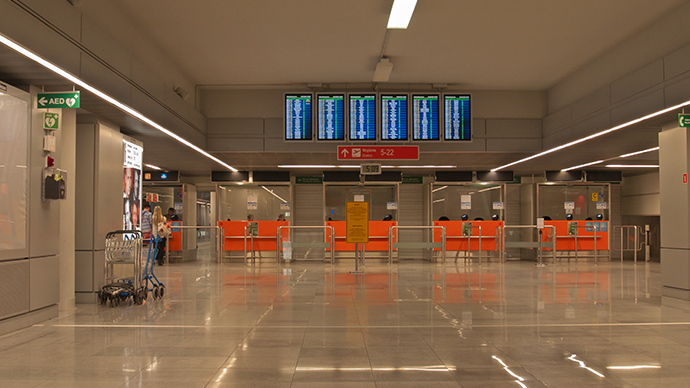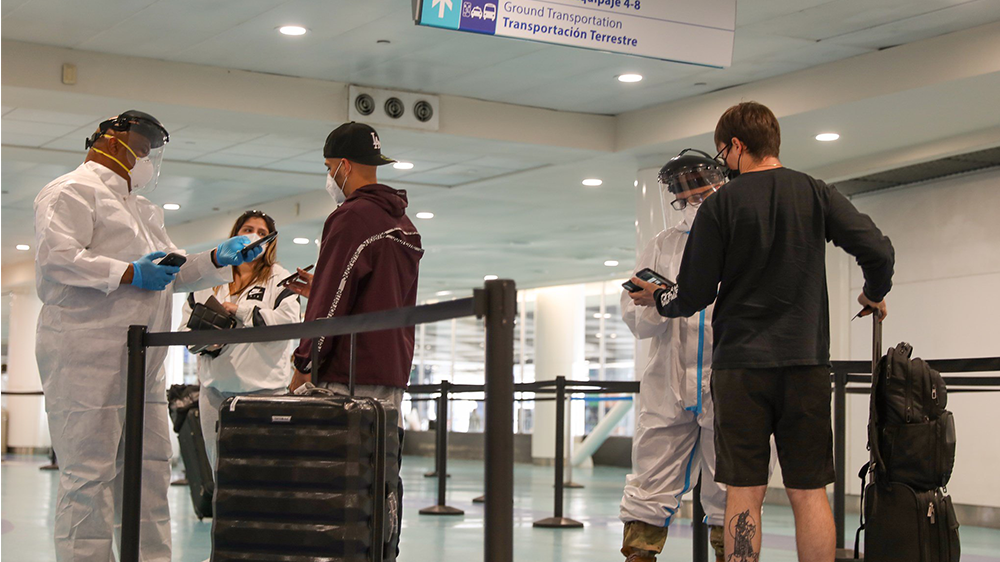During the initial months of the COVID-19 pandemic, the World Health Organization (WHO) recommended against the use of travel restrictions in accordance with the International Health Regulations (IHR). Contrary to this advice, virtually all governments applied a broad range of travel-related measures to control the importation and onward spread of SARS-CoV-2.
The near universal, frequently changing and prolonged use of such measures since early 2020 has been among the most controversial interventions applied during the pandemic. Strong voices have supported and opposed their use. The multiple waves of infection, driven by variants of concern, demonstrated the close relationship between population mobility and a circulating virus.
At the same time, the collateral damage to individuals, economies and societies raised questions about the costs and benefits of travel measures. One important point of consensus is the need to avoid such chaotic border management in any future public health emergency of international concern.
Evidence-informed approaches
The question of how to use travel measures more effectively is high on policy agendas, not only in public health, but in trade and finance, transport, migration, security, and other key sectors. An important starting point is revision of the IHR, notably Article 43, on the use of additional health measures.
Given evidence of the effectiveness of travel restrictions at slowing the initial spread of SARS-CoV-2, WHO now recognizes that issuing blanket recommendations for all States Parties should give way to evidence-informed approaches based on risk analysis. Proven methodologies and harmonized datasets still need to be developed, along with agreed protocols on how these will support cooperation to control the international spread of disease.
The need for better politics
However, better science alone will not be enough. Alongside needed improvements to the evidence informing the use of travel measures is the need for better politics. Trade-offs and choices by public officials about, for example, what sources of risk are to be prioritised, which populations should be protected, and what broader impacts governments are prepared to tolerate, are largely political questions.

The challenges arising from limited evidence during COVID-19 could have been mitigated by better governance but, instead, were worsened by a lack of transparency and accountability. As discussed in our recent paper on Canada’s use of travel measures, early evidence gaps were filled by the influence of powerful interests, which shaped policies in ways that privileged certain categories of travellers over others. The presentation of political choices as evidence-informed, without providing that evidence, also created a fraught policy environment that eroded public trust and compliance with public health measures.
What should border management look like in future pandemics?
Real-time risk analysis, to inform whether and how travel measures should be applied, must be based on proven methods and emerging science. Yet equal attention must be paid to improving the evidence and processes to inform border politics. Stakeholder analysis and political mapping could mitigate potential inequities when applying travel measures. Advisory groups with broad representation could support needs assessment and inform trade-offs. In this way, science and politics become less at odds, enhancing the likelihood of appropriate, proportionate, and equitable use of travel measures.





